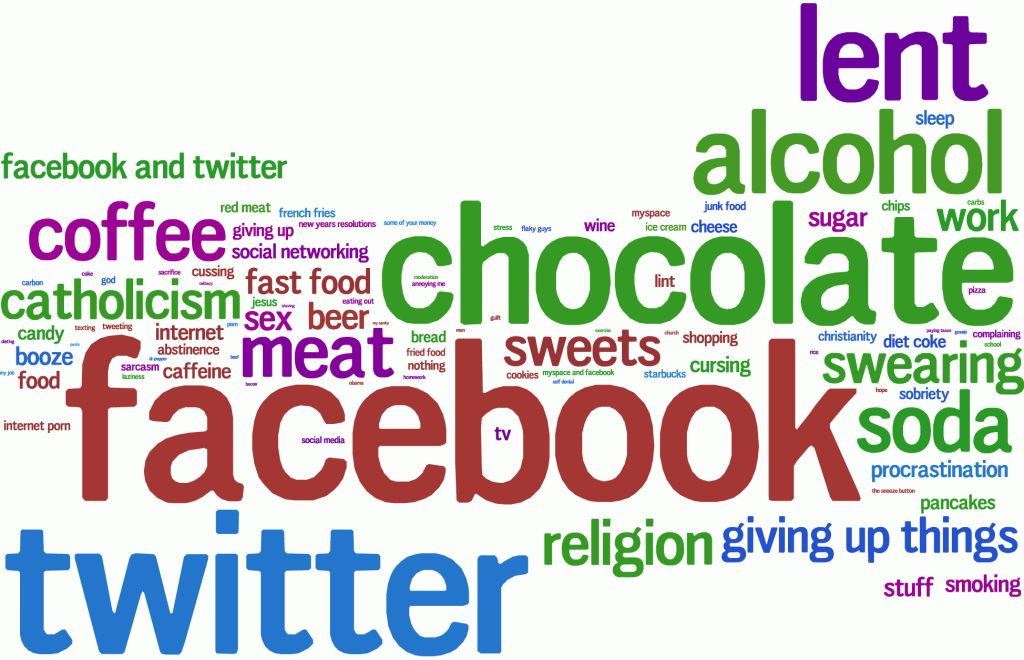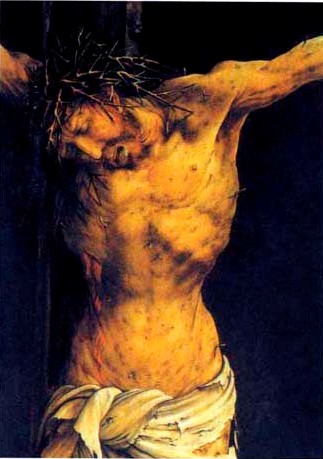 If you were walking around in a supermarket not long after Christmas you could have been forgiven for thinking that you had skipped a couple of months of your life, such was the proliferation of chocolate Easter eggs already for sale. We are a society addicted to consumption. We want it all and we want it now.
If you were walking around in a supermarket not long after Christmas you could have been forgiven for thinking that you had skipped a couple of months of your life, such was the proliferation of chocolate Easter eggs already for sale. We are a society addicted to consumption. We want it all and we want it now.
The temptation to succumb to the consumerist way of life is with us daily. So as we come into the season of Lent, which is about going without, it is timely to remind ourselves that Jesus faced the same temptations we do. In Luke 4 we read that Jesus was shown all the kingdoms of the world, in all their glitz and glamour, and was told it could all be his if he would just sell his soul. Those forty days in the wilderness for Jesus were a time of extreme testing and trial, and it is during Lent that we identify with this as many of us make our own sacrifices.
Jesus resisted all the temptations thrown at him during that time, because he knew a better way. Not an easier way, but a better way. What the gospels show us, and what Lent reminds us of, is that the way of Jesus is the way of the cross. In his day that meant nothing less than a death sentence. When Jesus told his disciples about this in Mark 8, it was the major turning point in his ministry. It was the beginning of the end. Sometimes referred as the Caesarea Philippi Declaration, this was the first time Jesus made clear to his disciples that he was going to go to Jerusalem to meet his death.
What we also see in this enormously significant passage is that the disciples just didn’t get it. How could they? They had a completely different mindset. Their idea of a messiah was one who would overthrow the tyranny of the Roman Empire. After all, that was something that the Jews had been pinning their hopes on for hundreds of years. They had been under the yoke of oppression for that long and they had had enough. So when Jesus came along and spoke to his disciples about self-denial and taking up your cross and that he was going to die, should we be surprised that they couldn’t deal with it?
If we ever needed it, Lent is a time for reminding us that following Jesus is a struggle. When we commit our lives to bringing in the kingdom of God in all we are and all we do, it can be easy for cynicism to easily take hold as we see corruption and injustice always seeming to win the day. How do we go on when it always seems to be two steps forward and three steps back?
Lent though prepares us for what lies ahead. For many it is a time to give up some indulgence, like chocolate or coffee (or something even more difficult like Facebook!). It is a time to identify with suffering, with going without, in order to realise more our dependence on the God of hope. In a world where we constantly face the temptation to want it all and want it now, Lent offers a different way. The way of Jesus is the way of the Cross. It is an unavoidable fact of life. There is no resurrection without death.
This year, let’s consider giving up something during Lent. It can not only bring us closer to God, but it also helps us identify more with those whose entire lives consist of going without. And by doing this, you may just find that you experience a joy that you would not otherwise experience; a joy that can give you strength to continue the good fight. As author Walt Wangerin says, “Joy knows suffering and still does not despair. Joy sees the suffering of others and does not turn away, but moves forward in courage, to comfort and to heal.”
The prophet Nehemiah also says, “the joy of the Lord will be your strength”. Jesus knew this. He knew it on the night he was betrayed and we can be sure he knew it during his forty days in the wilderness. The journey of struggle to set the world right is a long one. But it is one that brings life and joy, and that is why it is worthwhile. May that be your experience of Lent this year.







